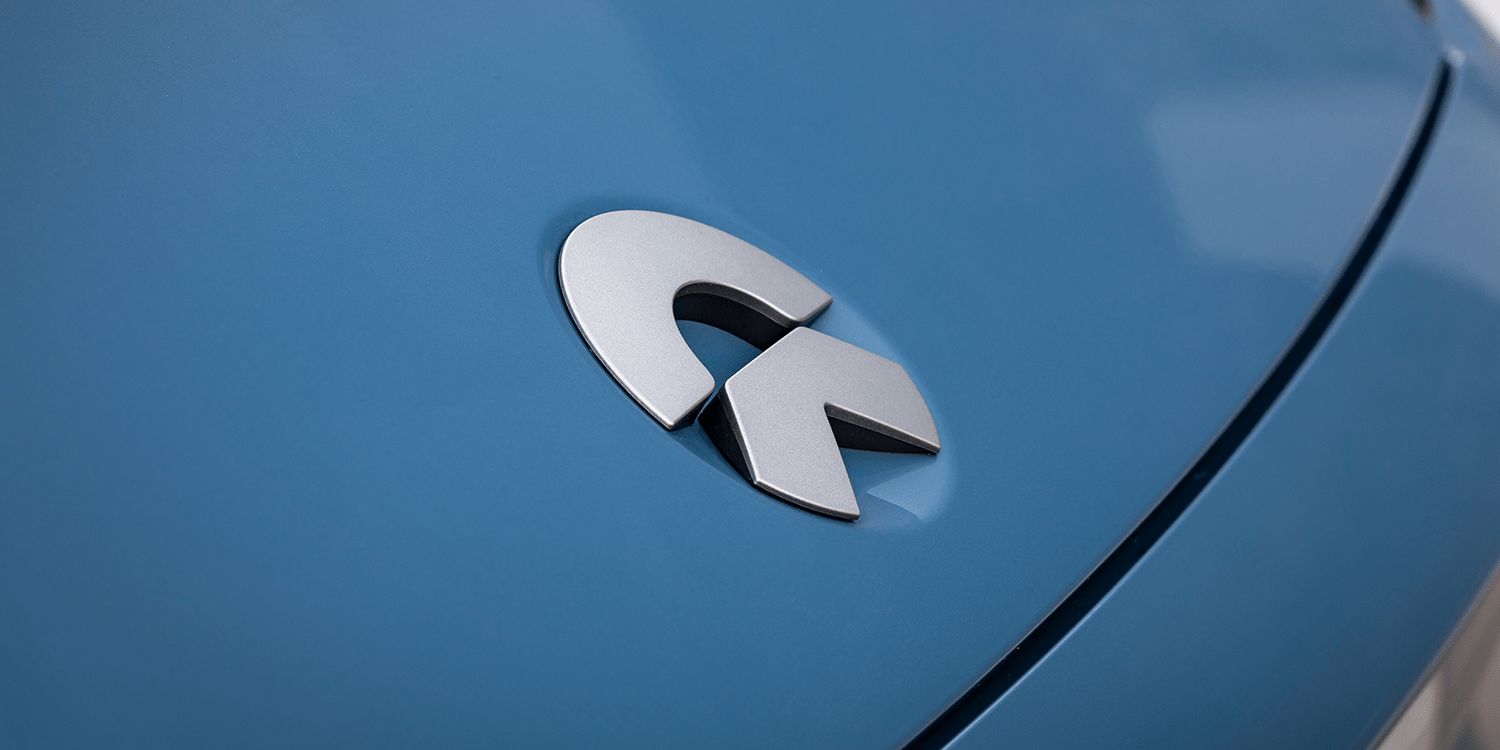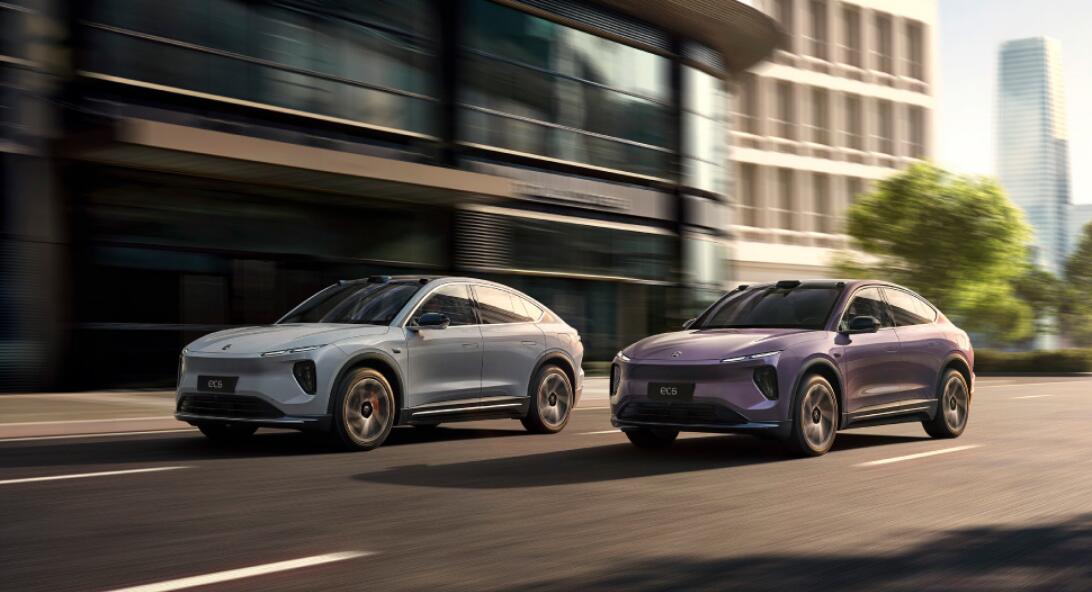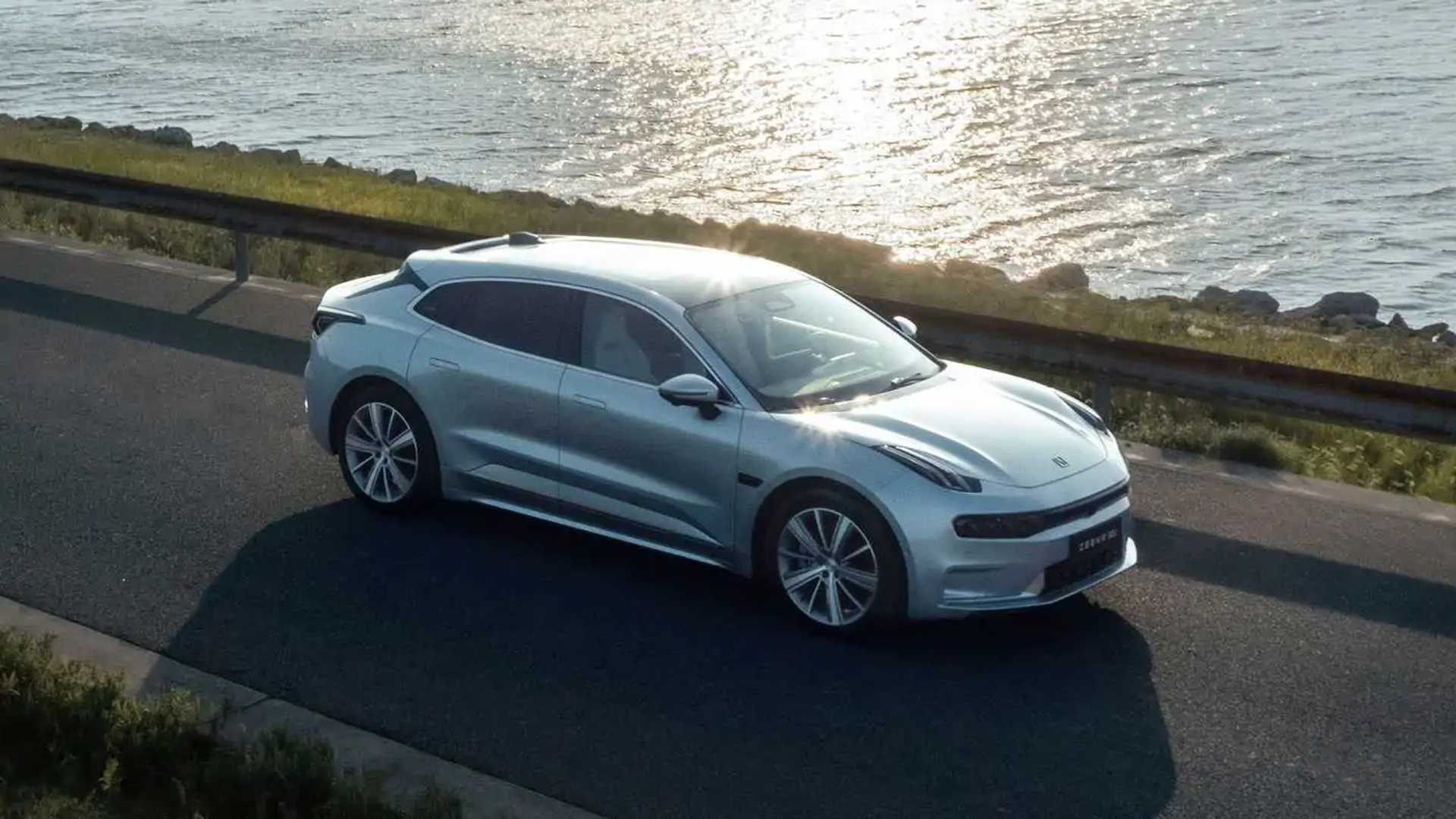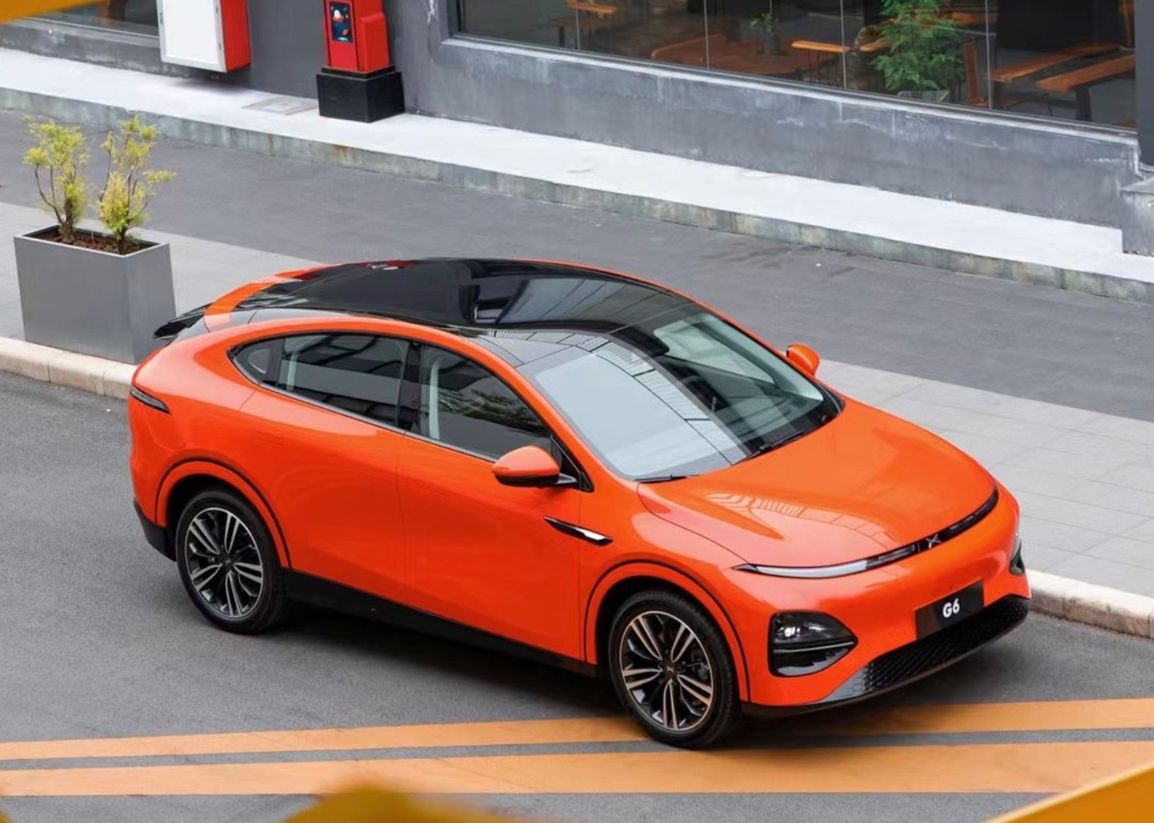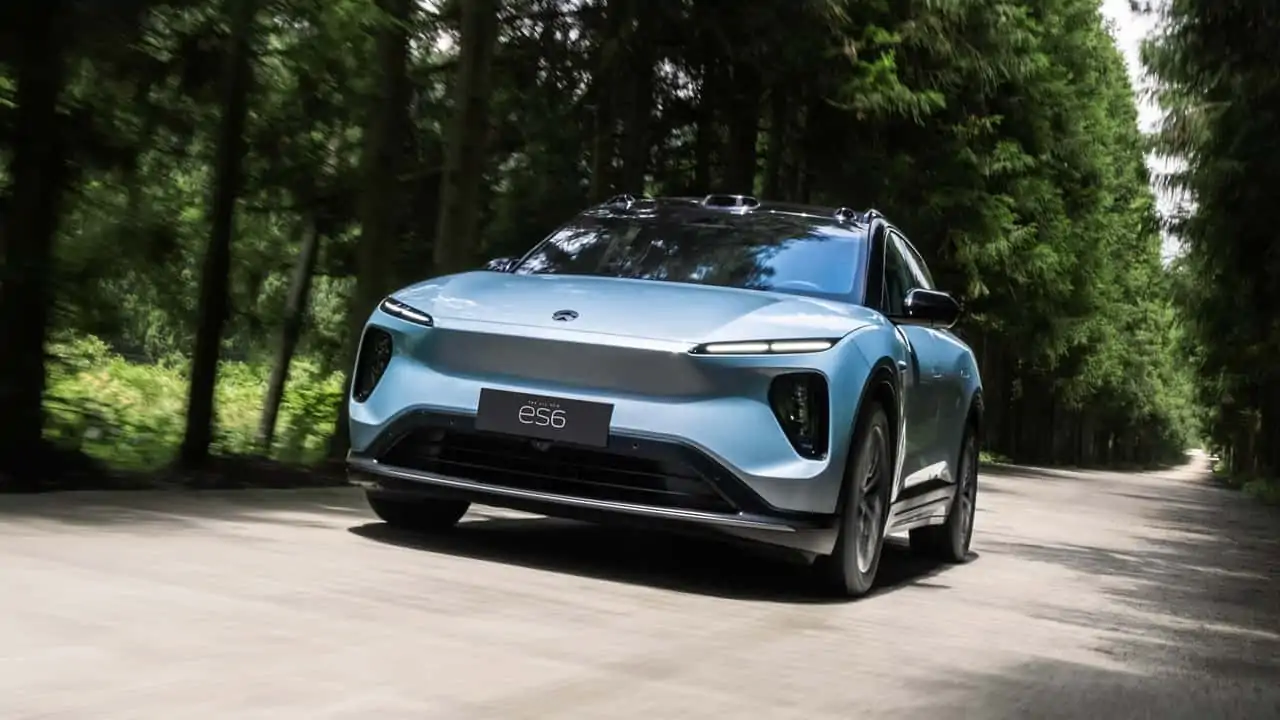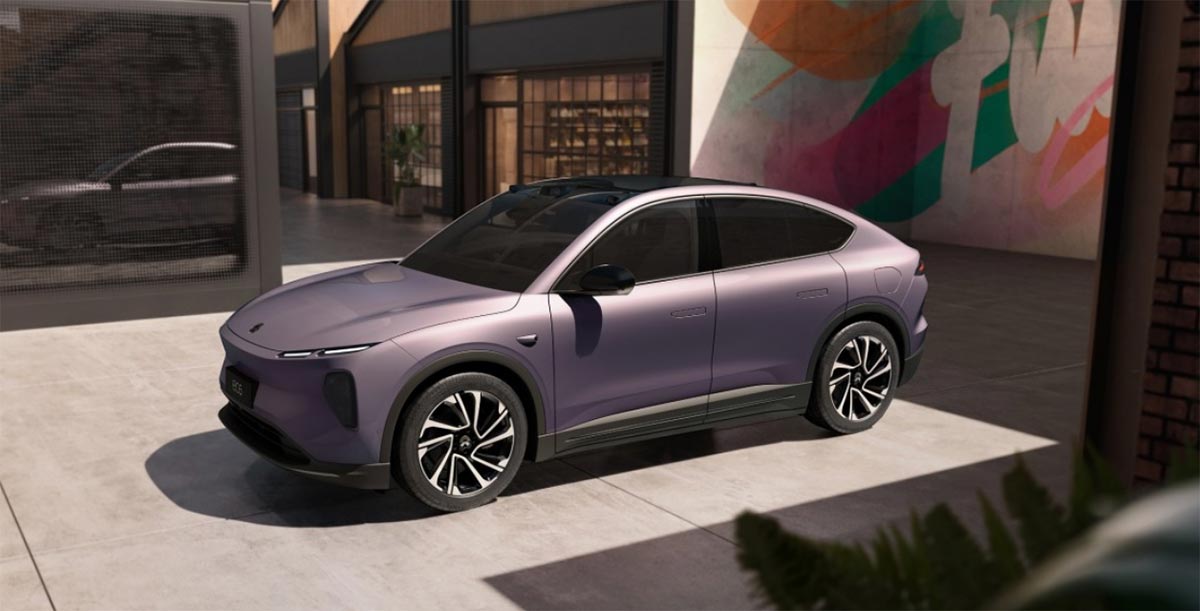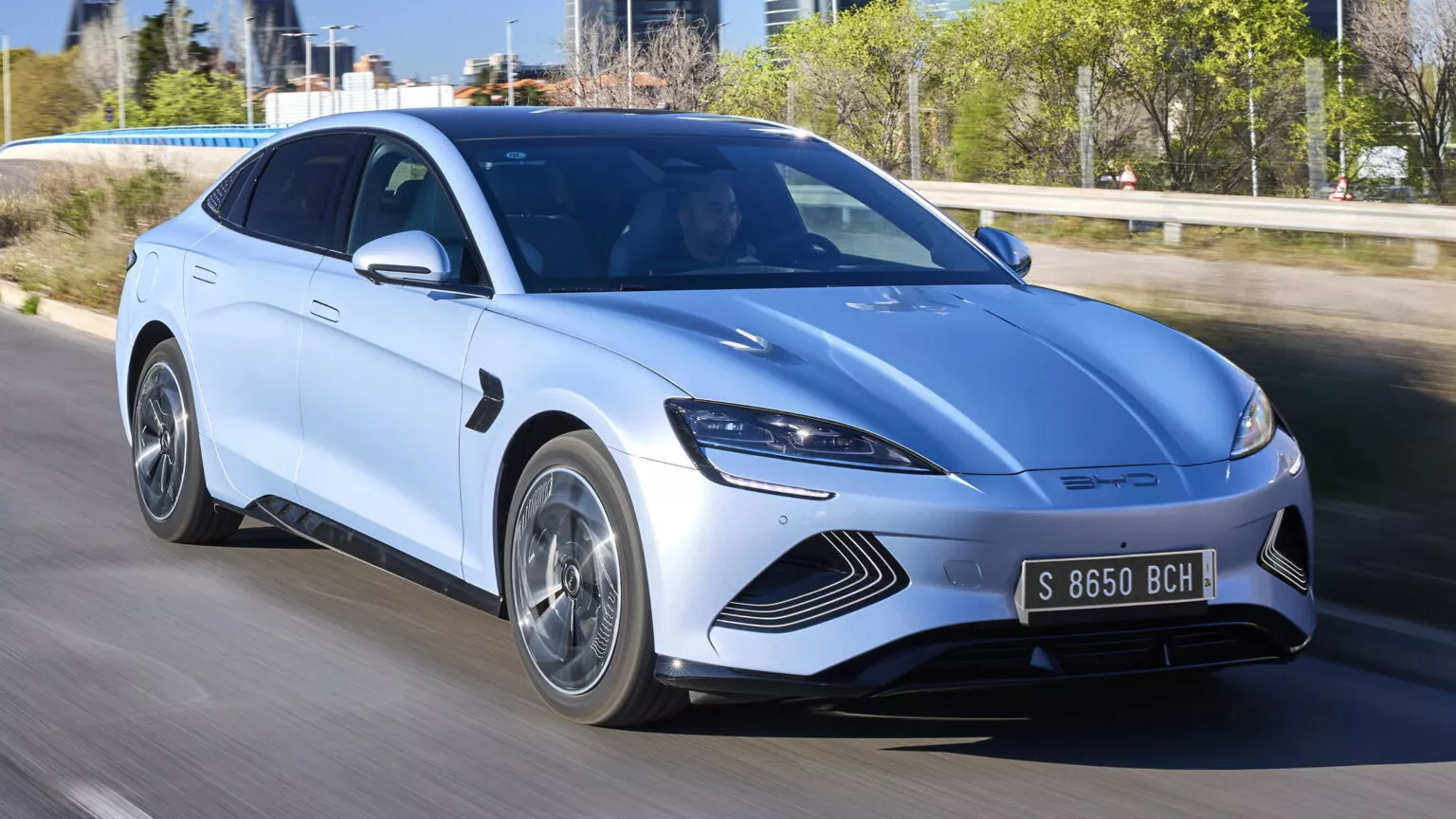Nio is considering the acquisition of manufacturing assets from its vehicle production partner, Anhui Jianghuai Automobile Group (JAC), in a strategic move aimed at enhancing self-reliance.
While Anhui Jianghuai Automobile Group (JAC) did not explicitly mention Nio in its recent announcement, the local media has reported that the assets in question are linked to Nio’s F1 and F2 factories. Notably, Nio has stated that this transfer of assets by its manufacturing partner will not disrupt its operations.
An official statement from Shanghai-listed JAC revealed plans to transfer assets through a public listing, including fixed assets and ongoing construction at its third plant for passenger cars. The assets to be transferred encompass buildings, equipment, and resources situated at JAC’s Xinqiao plant in Anhui province. These assets possess a net book value of RMB 4.2 billion yuan ($570 million) and an assessed value of approximately RMB 4.5 billion yuan.
JAC’s primary motivation for this move, as per their announcement, is to optimize their asset structure. These assets, which JAC aims to sell, were initially acquired and constructed by the company and have been in use since 2018. The announcement clarified that these assets are in normal operating condition and that their disposal will not affect JAC’s regular production and operations. Furthermore, it will not involve personnel reassignments. If successfully implemented, the transaction is expected to have a positive impact on JAC’s financial condition and operating results.
Despite the absence of a direct mention of Nio in JAC’s announcement, the National Business Daily, a local media outlet, cited insider sources confirming that the two factories earmarked for transfer are responsible for producing vehicles for Nio, specifically, the Nio F1 and F2 factories.
Nio, in response to media inquiries, confirmed this information and asserted that it would not impact its ongoing production and operations. The company also mentioned that it would communicate further details at the appropriate time but refrained from making any additional comments at present.
There are indications that Nio might contemplate acquiring the assets scheduled for transfer by JAC, potentially paving the way for the company to pursue its own independent automobile production qualifications. Gaining this autonomy is a significant objective for Nio, as it would enhance the company’s long-term operational efficiency and independence.
It is important to note that in China, local automakers are required to possess qualifications issued by the National Development and Reform Commission (NDRC) to manufacture vehicles under their own brand names. Nio, which does not have this qualification, has relied on JAC for its manufacturing requirements. The vehicles produced through this partnership have been manufactured at two factories jointly built by Nio and JAC, with Nio covering the expenses associated with contract manufacturing.
This move by Nio to potentially acquire manufacturing assets marks a potential shift from its current contract manufacturing arrangement with JAC and could position the company for greater self-sufficiency, aligning with the wider industry trend seen with local automakers like Xpeng and Li Auto who gained production credentials through acquisitions, thereby transitioning from contract manufacturing to independent production.

